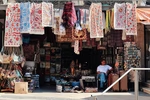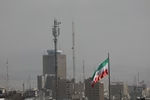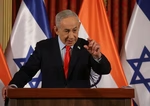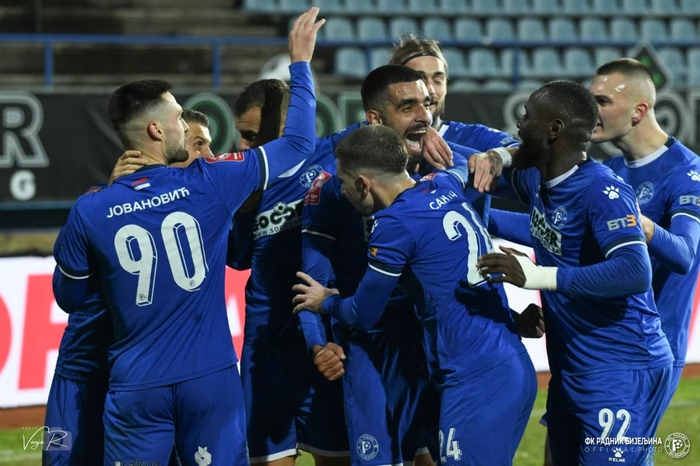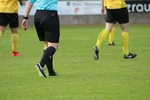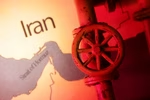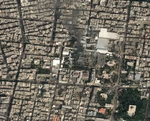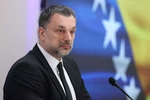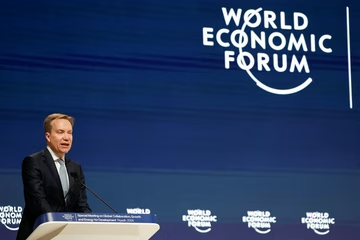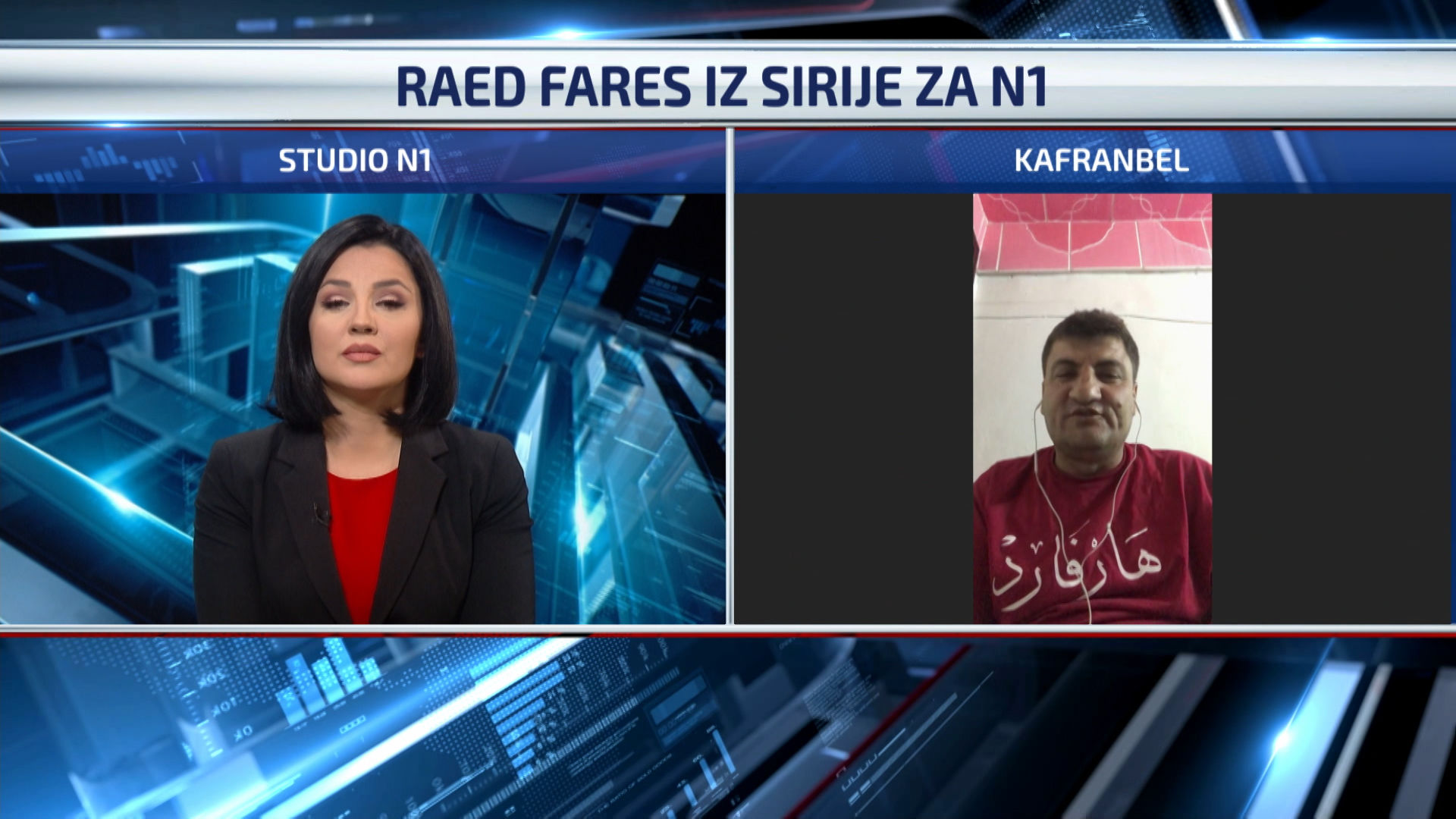
As the West and Russia are arguing over whether the chemical attack on Ghouta was real or staged, pro-democratic media activist and journalist, Raed Fares, told N1 that Ghouta is besieged and he can not get there but he knows well what the aftermath of such an attack looks like since he has seen the one in Khan Sheikhun in April last year.
Oglas
The journalist said he arrived at the site six or seven hours after the attack.
“Everything was dead,” Fares said, speaking from his office at Radio Fresh FM, in the liberated areas of Syria’s northern Idlib province.
“You could see (dead) animals, but the human victims were transferred to the hospitals,” he explained.
Oglas
Fares said he felt the nerve gas in his nose and had to go to the hospital that day too. He fears the next chemical attack might take place where he is, in Syria’s north. Still, he is not afraid of speaking out, he said. Assad’s forces are going to attack either way, and the people, he said, wish for someone to finally intervene.
Chemical weapons attacks fade in comparison to the Assad regime’s numerous airstrikes and use of other heavy artillery, which has, according to the journalist, killed far more people throughout the past seven years.
“We are here under danger for seven years now,” he said. “The world didn’t do anything.”
Oglas
He said the besieged people in Syria now hope that Trump, France and the U.K. will help them.
“People here are looking forward to see that.”
Fares spoke to N1 hours before the three countries bombed Syria’s chemical weapons facilities on Saturday morning.
“There is still shelling and bombing and warplanes are in the sky,” he said. “Russian warplanes and regime Assad warplanes are in the sky and keep shelling all the places and all the civilians, hospitals and schools in all of Syrian liberated areas.”
Oglas
Fares spoke from one such rebel-controlled area, but there is no safe place in all of Syria, he said.
“They can attack and reach everywhere in all liberated areas with warplanes.”
After retaking the town of Douma last week, the Assad regime, heavily backed by Russia and Iran, now effectively has full control over the previously rebel-held Eastern Ghouta enclave. The town near Damascus was the target of a suspected chemical weapons attack, which left more than 70 people dead and hundreds injured. The Organization for the Prohibition of Chemical Weapons has deployed a team of investigators to investigate the incident that sparked the U.S., U.K. and France airstrikes.
Kakvo je tvoje mišljenje o ovome?
Učestvuj u diskusiji ili pročitaj komentare
Oglas
Kakvo je tvoje mišljenje o ovome?
Učestvuj u diskusiji ili pročitaj komentare
Oglas
NAJČITANIJE
Oglas
Oglas
Najnovije
Oglas
Oglas





 Srbija
Srbija
 Hrvatska
Hrvatska
 Slovenija
Slovenija










